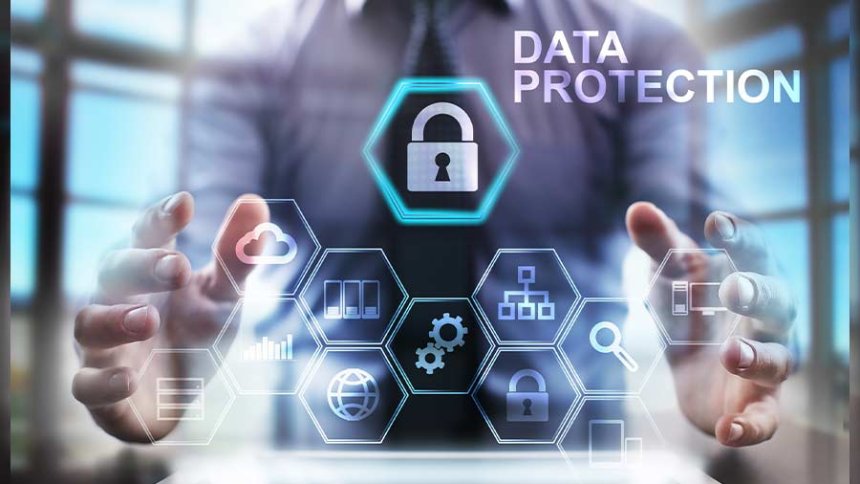
Always use a strong password that is hard to guess. A good password should be eight characters long and include a mix of uppercase and lowercase letters, numbers, and symbols. Never use easily guessed words like your name or birthdate. Don't share your passwords with anyone. Even if someone is your trusted friend or family member, they could accidentally (or intentionally) give your password to someone else.
You should also never reuse passwords. If one of your accounts is hacked, the hackers will try to use your password to access other accounts. That is why it's crucial to have a different password for your online accounts. If you have trouble remembering your passwords, you can use a password manager like LastPass or Dashlane. These programs will generate strong passwords for you and store them securely. You need to remember one master password to access all your other passwords. Creating a solid and unique password for each site you use is time-consuming, but it's worth it.
You can also use two-factor authentication as an extra layer of security that requires you to enter a code from your phone in addition to your password when logging into an account. This makes it much harder for hackers to access your accounts, even if they have your password. Most major websites and online services offer two-factor authentication, including Google, Facebook, Twitter, and Dropbox. You need to go into the account's security settings and enable two-factor authentication to set it up.
Backing up your data is one of the most important things to protect your personal information. If your computer is ever lost, stolen, or damaged, you will be able to restore your files from a backup. There are different options for data storage, including external hard drives, cloud storage services, and USB flash drives. If you opt for SAN storage solutions, make sure it has enough capacity for your data and are reliable and secure. If 10TB is enough for your data, compare 10TB SAN storage prices across different providers to find the best value for your money. Backing up your data provides peace of mind knowing that your precious memories and important documents are safe and can be recovered if something happens to your primary copy.
Whichever method you choose, it is vital to ensure your backup is stored safely and securely. For example, you should avoid storing your backup on the same computer as your original data if it is lost or stolen. Additionally, you should encrypt your backup to protect your data from being accessed by unauthorized individuals.
Remember that once you post something online, it's there forever. Even if you delete a post or photo, it can still be saved by someone else. So think before you post anything online. Don't post personal information like your home address, phone number, or email address. And be careful about posting photos that include personal information like your license plate number or the street sign of your home. You should also avoid posting anything online that you wouldn't want your boss, future employer, or parents to see. Once it's out there, anyone can find it.
Phishing Scams are when someone tries to trick you into giving them your personal information by pretending to be a trusted website or company. They might send you an email that looks like it's from your bank, asking you to confirm your account number and password. Or they might create a fake website that looks like your favorite online store to get your credit card information.
Phishing scams are becoming more and more common, so it's essential to be aware of them. Never click on a link in an email or pop-up window unless you're sure it's from a trusted source. And if you have to enter personal information on a website, make sure the URL starts with "HTTPS," and there is a lock icon next to it. That means the site is secure, and your information will be encrypted.
There are many different types of malware, including ransomware, spyware, and adware. Antivirus software can help detect and remove these malicious programs from your computer. It can also help prevent your personal data from being accessed by unauthorized third parties.
To choose the best antivirus software for your needs, consider price, performance, and features. Once you have installed antivirus software on your computer, it is crucial to keep it up-to-date to ensure that it can protect you against the latest online threats. Some popular options include Avast, AVG, and Malwarebytes. Remember that no matter which antivirus program you choose, you should always keep it up to date to get the best protection.
Privacy-first browsers like Mozilla Firefox or Brave collect minimal data about you and have built-in features to block trackers(new window), ads, and third-party cookies that collect your data.
Additionally, you should consider browser compartmentalization to keep your data separate and eliminate tracking across websites. For example, you can use a browser with strict privacy settings and no third-party extensions for sensitive activities like banking or shopping, and use another browser for daily activities with lower privacy risks, like reading news or watching videos.
Cyberthreats can take many forms, from ad trackers to hacking. Here are a few common threats:
By following these simple tips, you can help to keep your personal data safe and private online. Remember, no matter how careful you are, there is always a risk that someone could access your data without your consent. It is essential to protect your data and be vigilant about how you use the internet.
 Like
0
Like
0
 Dislike
0
Dislike
0
 Love
0
Love
0
 Funny
0
Funny
0
 Angry
0
Angry
0
 Sad
0
Sad
0
 Wow
0
Wow
0